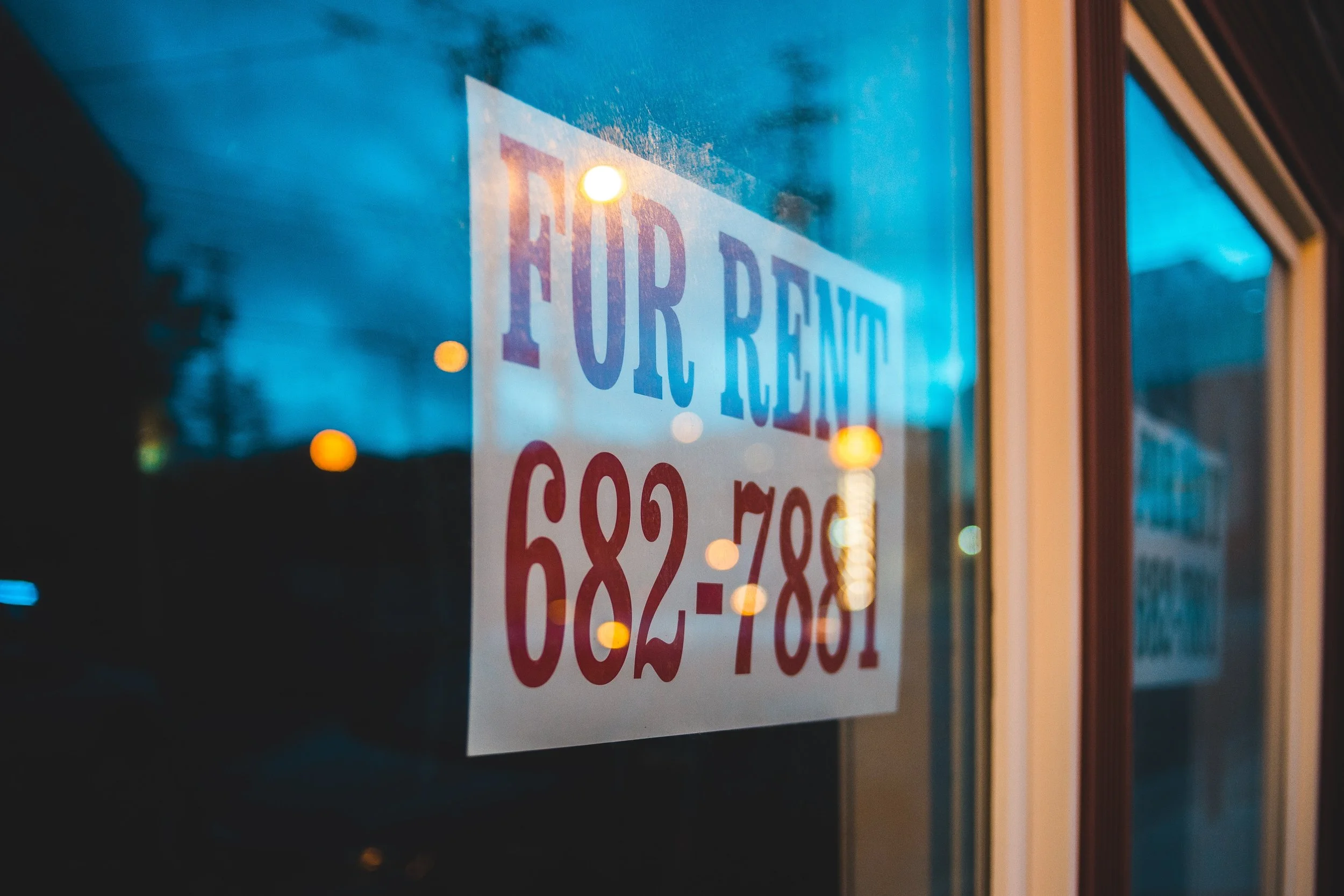Things To Consider Before Renting Out Your Property
If you own a property that you do not live in, there’s no reason to leave it empty for long periods of time. However, this also doesn’t mean that you need to sell your home - as you could always consider renting out the property to tenants. This could be a great way to supplement your income, improving your financial situation considerably.
However, that is not to say that becoming a landlord is ‘easy’. While it's sometimes described as a ‘passive income’, there’s a lot of responsibility on your shoulders. For example, you must connect with prospective tenants, while also maintaining the property.
With that in mind, here are some things you might want to consider before renting out your property.
The Law.
There are various regulations and laws that you must comply with when renting out your property, many of which relate to maintaining the property and protecting the best interest of your tenants. You may find this guide on landlord-tenant laws, categorized by state, useful when it comes to understanding what is expected of you. It’s also important to note that COVID-19 also affected landlord-tenant laws, meaning that your current knowledge might not be fully up to date.
Property management.
Property management can be incredibly time-consuming, whether you’re carrying out repairs, connecting with clients, or updating contracts. As a result, it's important that you’re aware of this before you kick start the process, as you don’t want to land yourself in a tricky situation further down the line. Thankfully, there are various tools out there that you can use to simplify the process. For example, many small property managers benefit from using property management software, which can be used for all manner of tasks, from improving customer service to checking tenant credit reports. Even better, many offer a free trial, so you can take advantage of this to figure out which service best meets your needs.
The tenants.
For the most part, tenants are polite and courteous and will try to maintain a positive relationship with their landlord (providing the energy is reciprocated). However, it's also important to note that you may have to deal with problem tenants from time to time. For example, they may withhold rent repayments or disrespect the property. The easiest way to navigate this situation is to understand your rights and responsibilities, especially if you’re considering evicting a tenant or terminating their contract. You should also carry out background checks on prospective clients ahead of time, asking for references from their previous landlords.
The property.
If you want to be able to rent out your property for a decent price, you must first ensure it's the kind of property that tenants will actually be interested in. This doesn’t necessarily mean you have to spend hundreds on renovations, but you should ensure the space is clean, organized, and modern. You should also be aware of the warning signs that tenants are encouraged to look for when viewing properties, such as signs of water damage, so you can ensure that your property passes their thorough inspections.







